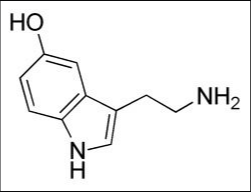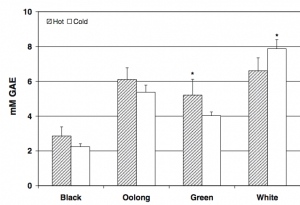Scientists at Princeton University discovered that exercising stimulates the growth of new brain cells that makes us relaxed. However, this only occurs after three to six weeks of working out. Therefore, we must keep exercising to trigger these positive biochemical changes.
People always knew that exercising is beneficial in many ways, such as improving moods, boosting confidence, and preventing some diseases. But, no one explained this phenomenon scientifically. Thanks to researchers at the University of Colorado Boulder who picked up on what their fellow scientists at Princeton University discovered, these researchers learned that exercising remodels the brain. With exercising, the brain does not need to express a certain neurotransmitter to make us less anxious upon stressful conditions.
Neurotransmitters are chemical messengers that help brain cells send signals to specific cells. One type of neurotransmitter is serotonin, it relieves us when the brain feels like the body is overstressed. The researchers at University of Colorado Boulder decided to target serotonin to see how exercising affects its activity. To do so, they conducted an experiment on rats.

Serotonin maintains mood balance, credit to Flickr
In the experiment, the rats who did not exercise was the control group and the rats who exercised for a few weeks was the experimental group. Both groups were exposed to a stressful stimuli and results showed that control group expressed more serotonin and rats who exercised had minimal serotonin activity. Therefore, this explains how exercising causes people to be less stressed despite facing tough situations, where serotonin is not needed to counter the stress.
Anxiety and stress can lead to oxidative stress, which is the overproduction of harmful free radicals in our body. Free radicals are chemical species that have unpaired electrons. This makes them highly reactive and can lead to cell death if they wrongly react with chemicals that are essential for life. While exercising, our body creates chemicals called antioxidants to counteract these free radicals by donating its electrons.

Oxidative Stress can lead to terrible consequences, credit to Flickr
In an experiment conducted on rats, there were two groups; those who exercised and those who did not. Then, both groups were exposed to an artificial chemical that induced anxiety. Unsurprisingly, the group of rats who exercised were unaffected by the chemical at all.
Exercising does wonders by improving both our physical and mental health at the same time. All we need to do is implement a bit of physical activity into our daily routine and we will feel the effects within a few weeks. From a young child to an elderly, the benefits of exercising do not discriminate. So, what are we waiting for? We should all stop whatever we’re doing right now and go for a run!
-Emily Lui






